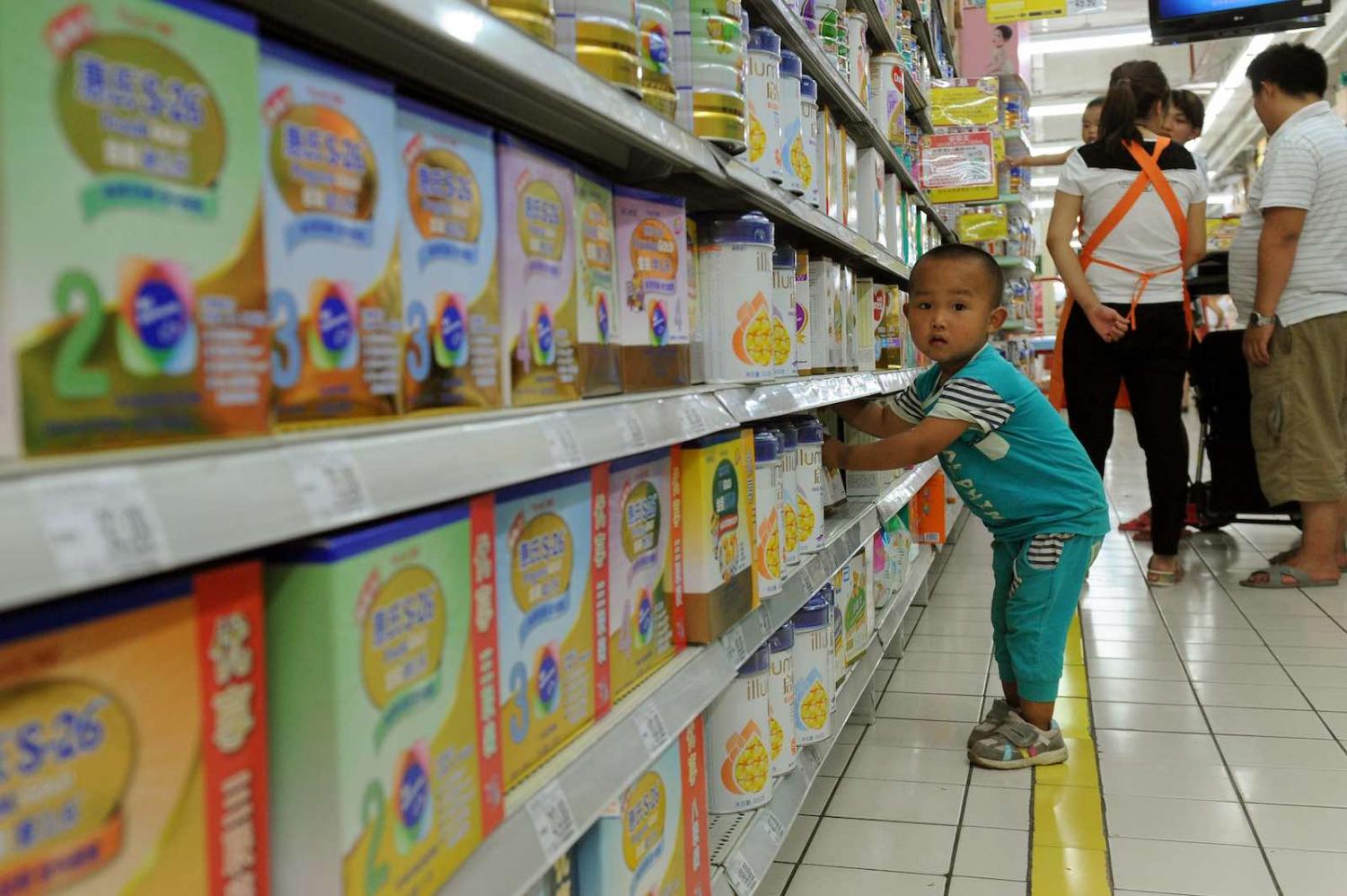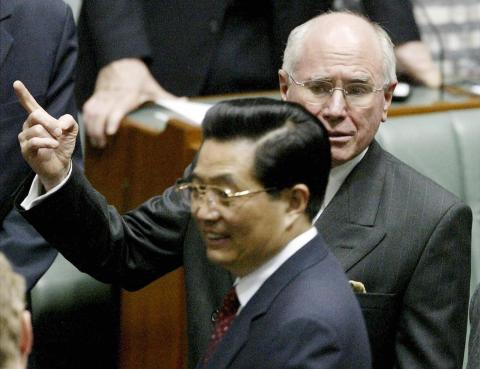The discussion about China’s bid for baby-formula supplier Bellamy’s Organic shows the usual confusion about just what should guide decisions on foreign investment in Australia.
Of course there will be some proposals that are defence-strategic. But baby formula is not one of them. Nor is Bellamy’s an iconic brand like Arnott’s biscuits, where it could be argued that we are selling off a chunk of our culture. Nor is it a dominant supplier of China’s vital raw materials, like Rio-Tinto. There isn’t any obvious intellectual property – no “secret sauce” – as there are many producers of similar products.
As China grows and diversifies its assets, its foreign investment in Australia will expand hugely.
Will production shift offshore? Maybe, but it seems that most of the raw materials aren’t produced in Australia anyway, with the milk powder inputs coming mainly from New Zealand and Europe. In any case, milk-powder is just another global commodity. The value-add is not so much in the production process itself, but in the ability to market the branded product to the 15 million babies born in China each year.
Bellamy’s penetration of the Chinese market was greatly aided by the melamine-scandals associated with Chinese-made formula. Since then, Bellamy’s roller-coaster share price has reflected the fluctuating prospects of enlarging its market position in China, against other foreign suppliers. The brand name is now well-established among Chinese mothers and the $1.5 billion bid is a reflection of the value of reputation. But its future value still depends on the whim of China’s byzantine regulatory structure. If the sale is blocked, Bellamy’s might find itself continually thwarted in China’s market. This might be unfair, but not much could be done.

The importance of this case comes from the likelihood that this dilemma will come up again and again in future. As China grows and diversifies its assets, its foreign investment in Australia will expand hugely. It will also want to ensure security of supply, especially for vital foodstuffs. The challenge for Australia is to make the most of this inevitability. Join ownership between the two countries might be the ideal: the Australian owners, still in charge of production, acting as guardians of quality and reputation, while the Chinese owners facilitate marketing in China’s commercial environment with its lack of transparency.
There is not much prospect of this kind of join-enterprise model coming out of the current Foreign Investment Review Board (FIRB) processes in Australia. It is difficult to see FIRB finding any good reason to oppose this bid on current criteria, so the case will be decided on whether the current owners see the offer price as a suitable reward for their past efforts and their guess of future prospects.
Perhaps FIRB processes should shift from emphasising the various negative hurdles which foreign bids must clear (e.g. not be a security threat, not be an icon), towards an emphasis on positive aspects which the proposed venture might offer. A proposal might recognise explicitly the long-held concern that Australians might become merely “hewers of wood and drawers of water”, with the interesting jobs and the big value-add going to foreigners. Retaining production in Australia and involving Australians in the development of the marketing in China would be seen as virtues for a proposal. Another positive might be a readiness to pay company tax in Australia, rather than shift the value-add to low-tax jurisdictions through transfer pricing.
This “positive characteristic” approach might be hard to implement and harder to enforce. But at least it addresses the overwhelming non-security issue facing China’s foreign investment in Australia, that China will want a far larger ownership stake in Australian enterprises than we are comfortable with. A deep rethink of FIRB objectives is needed.

